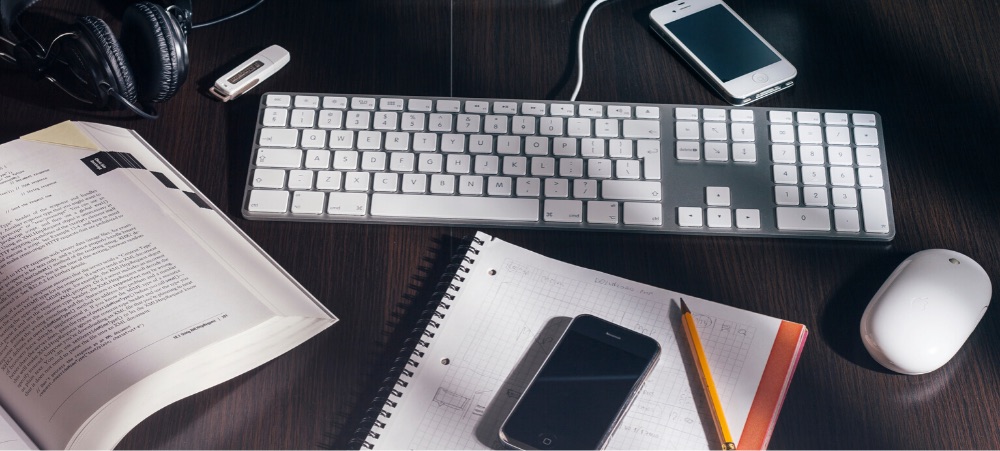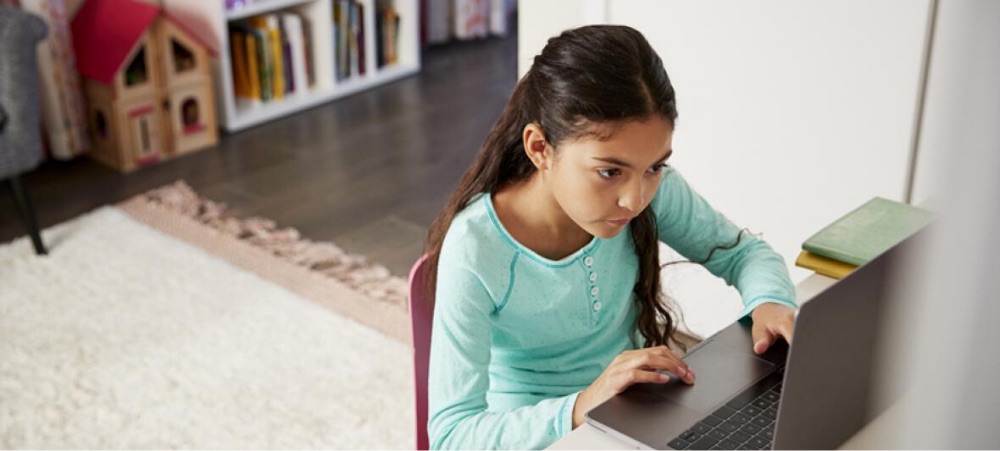Equipping your child for the 4th industrial revolution
It has been estimated that globally 50% of jobs currently in existence will not exist by 2030 and our children are not immune to this. The global transformation currently underway, called the Fourth Industrial Revolution, entails the convergence of all digital, physical and biological technologies. It is predicted, that by 2020, the Fourth Industrial Revolution will have brought us advances in robotics, artificial intelligence and machine learning, genetic engineering and virtual reality.







